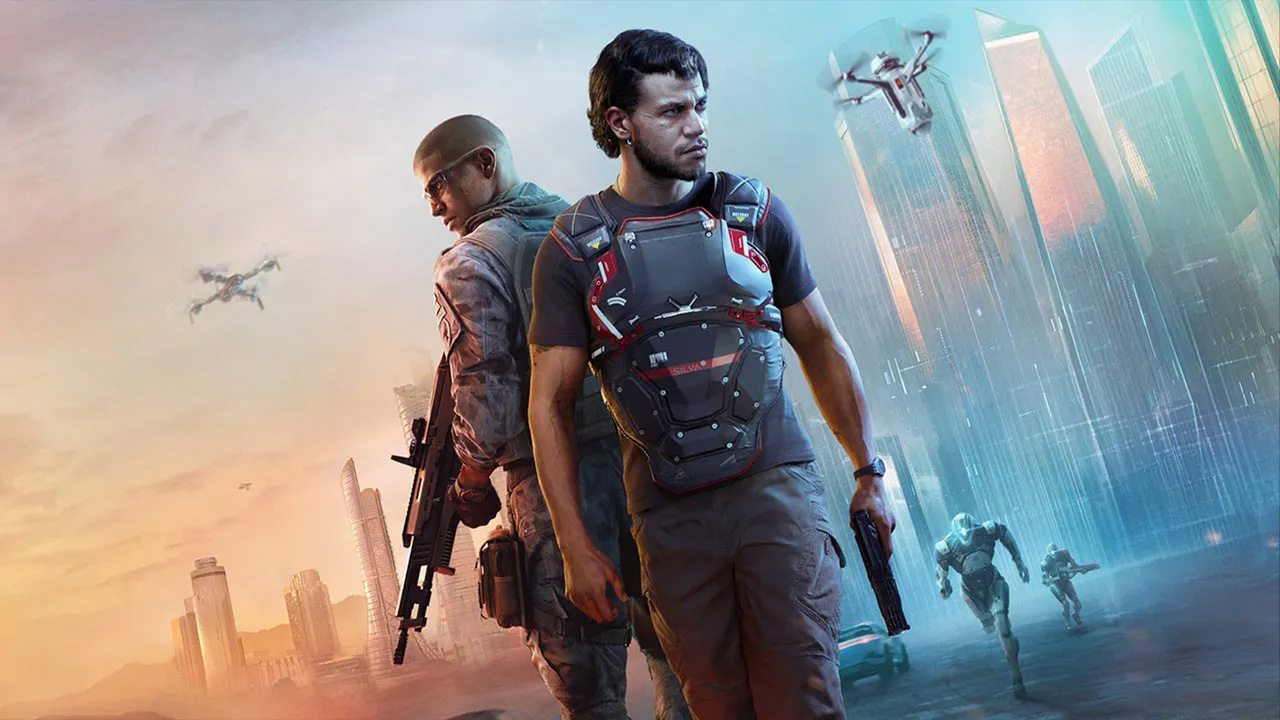
IOI Partners Faces Uncertainty After MindsEye Failure
United Gaming – IOI Partners was officially launched in 2024 by IO Interactive, the acclaimed developer behind the Hitman franchise. At the time, the division was envisioned as a strategic move to expand beyond in-house projects by publishing titles from other developers. With that goal, IOI Partners aimed to establish itself as a significant player in the global gaming industry. Naturally, their debut project carried immense expectations.
The first game published under IOI Partners was MindsEye, developed by Build a Rocket Boy, a Scottish studio founded by former GTA producer Leslie Benzies. Promoted as an ambitious sci-fi shooter with live-service elements, MindsEye was marketed as a bold debut that could cement IOI Partners’ reputation. However, things didn’t unfold as planned. Instead, the title failed to meet both commercial and critical expectations.
In an interview, IO Interactive’s CEO Hakan Abrak admitted that the reception to MindsEye was far below expectations. According to him, both IO Interactive and Build a Rocket Boy had anticipated stronger traction in the market. Unfortunately, the game’s performance left stakeholders questioning the viability of IOI Partners as a third-party publishing arm. As a result, doubts about its future began to surface.
When asked about the division’s future, Hakan Abrak expressed mixed feelings. While he praised Build a Rocket Boy’s creativity and innovation, he also confessed uncertainty. His statement, “IOI Interactive will publish our own games internally. IOI Partners? That remains to be seen,” suggested a possible reevaluation of the publishing program. Therefore, many interpreted it as a signal of shrinking ambitions.
The failure of MindsEye likely resulted in significant financial losses, considering the high costs of development and marketing. In this context, Abrak’s hesitation highlights the risks of large-scale publishing ventures. Consequently, IO Interactive may prefer to prioritize its internal projects rather than extending resources toward third-party developers. This shift, if realized, could mark a turning point for the company’s publishing strategy.
Despite the speculation, Abrak did not confirm that IOI Partners would be completely shut down. Instead, he left the door open for possible restructuring. For instance, IOI could choose to scale down its ambitions and focus on smaller indie projects that carry lower risks. In doing so, the company might still foster innovation while protecting its financial stability.
If IOI Partners continues, the division may adopt a more cautious approach. This could mean collaborating with indie developers, experimenting with niche genres, or backing projects with modest budgets. By reducing reliance on blockbuster-scale productions, IOI can mitigate losses while exploring creative opportunities. Ultimately, such a shift may transform IOI Partners into a hub for fresh ideas rather than high-stakes ventures.
The struggles of IOI Partners reflect the broader challenges in today’s gaming industry. Increasingly, live-service models are proving difficult to sustain, while blockbuster productions demand massive investments. Therefore, studios and publishers must balance ambition with realistic expectations. In the end, IOI’s experience with MindsEye serves as a cautionary tale for companies venturing into publishing.
Among gamers, the news about IOI Partners sparked debate. Some believe IOI should remain focused on its strengths, namely crafting narrative-driven experiences like Hitman. Meanwhile, others argue that publishing smaller external projects could diversify the company’s portfolio. Regardless, the failure of MindsEye has clearly influenced public perception of IOI’s publishing arm.